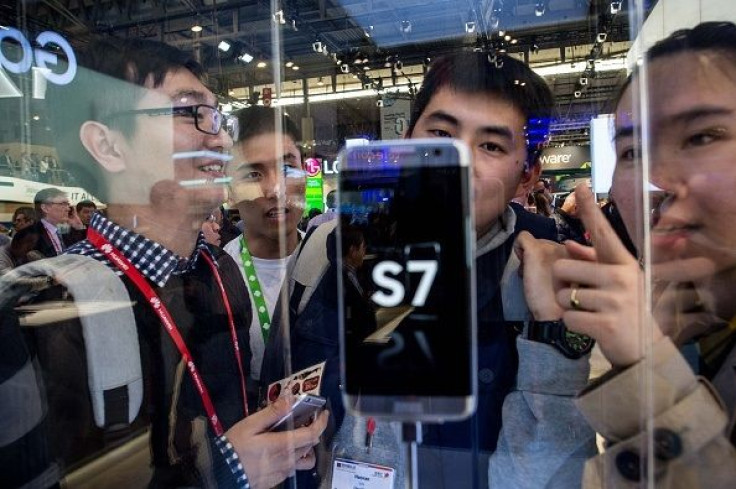Strong Galaxy S7 Sales Boost Samsung First-Quarter Profit Results

Tech giant Samsung Electronics Co. Ltd. said on Thursday that its first-quarter operating profit rose 12 percent from a year earlier, propelled by strong initial sales for its flagship Galaxy S7 smartphones.
The South Korean firm also said its "solid performance" will continue in April-to-June, striking a more optimistic tone about prospects for its handsets and chips businesses despite broadly weaker demand for consumer electronics.
Samsung's mobile division was the top earner for the first time in nearly two years, thanks to better-than-expected sales of Galaxy S7 devices, in a sign the world's top smartphone maker has righted itself after two years of shrinking profits.
Boasting an improved camera, waterproofing and microSD storage support, Galaxy S7 models are on track to set a new first-year shipments record, boosting hopes the mobile business will post its first annual profit gain in three years.
"In the second quarter, the company expects its solid performance to continue, led by steady earnings in the mobile and semiconductor businesses," Samsung said in a statement.
Samsung, in a regulatory filing, said January-March operating profit was 6.7 trillion won ($5.84 billion), compared with its earlier estimate of 6.6 trillion won. Revenue rose 5.7 percent to 49.8 trillion won, compared with its guidance for 49 trillion won.
Profit for the smartphone division increased 42 percent from a year earlier to 3.9 trillion won, the highest since the second quarter of 2014. Samsung said it expects further sales growth for its Galaxy S7 devices in the second quarter as well as from its mid-to-low tier products.
Market researcher TrendForce says combined shipments for flat- and curved-screen S7 models will reach 52 million by the year-end, surpassing the previous record of 47 million sets by the Galaxy S4.
Operating profit for the chip division fell 6 percent to 2.6 trillion won, undercut by price declines for memory chips stemming from slower demand for products such as personal computers.
The firm said in a separate filing it will buy back 2 trillion won of its own shares in the third instalment of its 11.3 trillion won buyback plan.
© Copyright Thomson Reuters 2024. All rights reserved.











